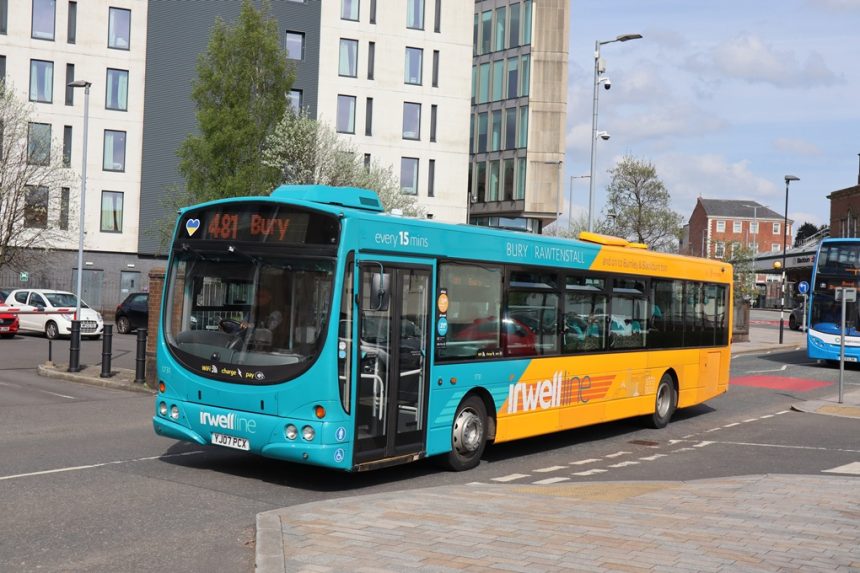The bus industry is at a time of unprecedented change in multiple areas, Transdev UK and Ireland CEO Guillaume Chanussot told delegates at the ALBUM conference in Nottingham on 13 May.
That evolution majors on the regulatory landscape, passenger behaviour, and technology utilisation. But further challenge comes from expectations around decarbonisation, a talent shortage, and constrained local authority budgets. While that paints a disruptive picture for the bus industry, it also brings opportunity, he believes.
Harnessing data and using more digital tools “will unlock a more responsive system,” Mr Chanussot says, with an emphasis on bus services adapting to demand and integrating with other modes.
Sector decarbonisation, while making good progress, needs further investment and what he calls “smart policy.” For ALBUM operators, that should include work to ensure smaller businesses are properly represented in the shift.
Mr Chanussot devoted some of his address to the Bus Services (No. 2) Bill in England. While it is the most significant piece of legislation for the sector in many years, it does not represent an undue threat, he believes.
“It is an enabler in the toolbox,” the Transdev UK and Ireland chief adds. “It gives regions the tools to reimagine bus services for the 21st century: More integrated, more sustainable, and more tailored to local needs.
“With that said, we must acknowledge that franchising brings real challenges, especially for independent SMEs and municipals,” he continues. Nevertheless, the bus industry should move away from what Mr Chanussot calls “binary thinking” around franchising and the deregulated market.
“We must showcase our local impact as operators. Showcase that [deregulation] works well to avoid any unnecessary franchising and give the public confidence that the existing delivery model works. If it does, there is no reason to change.”
However, he acknowledges that in some city regions, reregulation is the best way forward. There it is in the industry’s interests to work with authorities to support a transition.
He also raises the possibility of another approach, via which large operators, SMEs and municipals “bring their complementary strengths together and we create something new to answer these challenges.” Nottingham is an example of that already happening.
Important to all efforts is communicating what the bus industry does. “We have been underfunded, underestimated, and too often left out of the conversation,” he concludes.
“That must change, and it is changing. This is where I really welcome the bill. Now we are focusing on things that give us a framework for partnership. Partnership that must be real, respectful, and inclusive. This done properly will drive lasting transformation.”



























